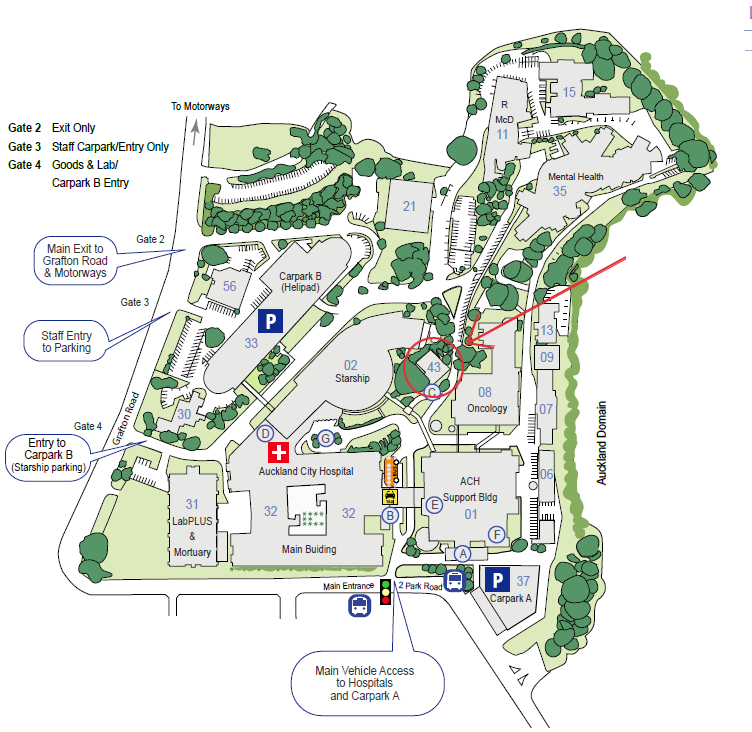Title
Sir James Y Simpson (1811-1870): Obstetrician, pioneer of anaesthesia and friend of the peoplePresented by
John CollinsAbstract
Abstract
Sir James Y Simpson (1811-1870): Obstetrician, pioneer of anaesthesia and friend of the people.
After witnessing the pain of a Highland woman undergoing surgery prior to the introduction of anaesthesia, the young Simpson ran from the operating theatre at Edinburgh Infirmary in anguish, vowing never to resume his medical studies. He was persuaded to return following which he devoted his life to ‘the proud mission of the physician … to alleviate human suffering as well as to preserve human life’.
Following the successful use of ether inhalation anaesthesia in Boston in October 1846, Simpson administered it in Edinburgh in January 1847, for the relief of pain during childbirth. He subsequently embarked on a mission to find a more suitable agent and discovered the superior anaesthetic properties of chloroform. After administering this to women during childbirth and occasionally during operations performed by his surgical colleagues, he published the results of his experience in a pamphlet. This caused a great sensation and led to the widespread use of chloroform.
Despite the initial excitement, Simpson experienced heated opposition particularly on the use of chloroform during childbirth on religious, medical, and moral grounds. This presentation will describe his successful defence of efforts to relieve the pain of childbirth based on his obstetric experience and his profound knowledge of theology. This was no doubt greatly helped when Queen Victoria and the daughter of the Archbishop of Canterbury agreed to inhale chloroform during childbirth. His family refused the offer of his internment in Westminster Abbey, and such was his fame that over 1,700 colleagues and business leaders took part in the funeral procession and 100,000 citizens lined the streets on the way to the cemetery in Edinburgh.
Biography
John Collins
After graduating with distinction from University College Galway, John completed his surgical education and training in England. He was appointed as a general surgeon at Middlemore Hospital and soon after returned to the UK (Leeds) on a Smith & Nephew Commonwealth Scholarship, where he completed his MCH (Master of Surgery). He joined the University of Auckland Department of Surgery and established an academic presence in general surgery at South Auckland Health. His major surgical interests have been in the diagnosis and management of diseases of the breast, and he played a major role in establishing and monitoring breast screening in New Zealand. He was also the editor of the National Guidelines for the Surgical Management of Breast Cancer in New Zealand. He was a member of the Government Steering Committee for The New Zealand Cancer Control Strategy and a member of the Government Task Force for its implementation. He has had a major interest in medical education and the accreditation of educational institutions at both undergraduate and postgraduate levels. Based on his research findings, he completed an MD and was awarded a Hunterian Professorship by the Royal College of Surgeons of England.
After a hand injury ended his surgical career, he was appointed as the Foundation Dean of Education at the Royal Australasian College of Surgeons in Melbourne and Professorial Fellow in Surgery in the Department of Surgery at the University of Melbourne. He later moved to the University of Oxford as a Visiting Professor in the Nuffield Department of Surgical Sciences and Senior Research Visiting Fellow at Green Templeton College and continues to occupy these honorary appointments in Melbourne and Oxford. While in Oxford, he led the Department of Health review of the UK Foundation Programme and produced the ‘Collins Report’. He completed a one-year course in the History of Medicine at the Society of Apothecaries and obtained the Diploma (DHMSA). John is a volunteer guide at the Auckland War Memorial Museum and currently completing a PhD in the History of Medicine at the University of Auckland, focusing on ‘The Professionalization of Surgery: An Examination of Surgeon-Patient Encounters in Britain 1745-1785’. John is an Honorary Fellow of the Royal College of Surgeons in Ireland, The Association of Surgeons of Great Britain and Ireland and the Academy of Medical Educators UK.
Title
Marshall McDonald and his familyPresented by
Neil AndersonAbstract
Marshall McDonald and his Family
William Marshall Macdonald (1872-1956) was born in Edinburgh. He came to New Zealand as a 6 year old when his father was appointed Rector of the Otago Boys’ High School (OBHS). Macdonald was educated at OBHS, Otago Medical School and Edinburgh University. He returned to New Zealand in 1898 and was appointed Consulting Physician and Lecturer in Medicine in Dunedin. He was a general physician with a special interest in neurology and psychiatry, and a colourful and dynamic clinical teacher. In the First World War he served with the French Army Medical Corps and later was the Consulting Neurologist to the NZEF.
In 1919 he applied for the Mary Glendining Chair in Medicine. His unsuccessful application stirred up heated controversy and at one stage the Prime Minister tried to intervene.
He was elected on to the University of Otago Council where he did his best to make the Dean’s (Lindo Ferguson’s) life a misery. He campaigned for the establishment of a school for massage therapy (physiotherapy), improvement of psychiatric services and improvement of clinical teaching in the medical school. Macdonald’s family were equally controversial personalities. His wife, Sadie, was an advocate for the under-privileged, but had the remarkable ability “to turn meetings in to one long squabble”. One of their sons, John, became a prominent forensic psychiatrist in Denver, Colorado and their other son, William Murn Macdonald, had a mysterious career in crime, war and the British foreign service.
Biography
Neil Anderson
Neil Anderson was born in Auckland. He graduated in medicine from the University of Auckland in 1978. He trained in neurology in Auckland Hospital and the Neurology Department at the Memorial Sloan-Kettering Cancer Center, New York. He has been a consultant neurologist at Auckland Hospital since 1987. He is the current President of the Auckland Medical History Society. In 2016 he published a biography of Dr I.M. (“Dusty”) Allen and he is finishing a biography of Dr J.E. (“Jock”) Caughey.



